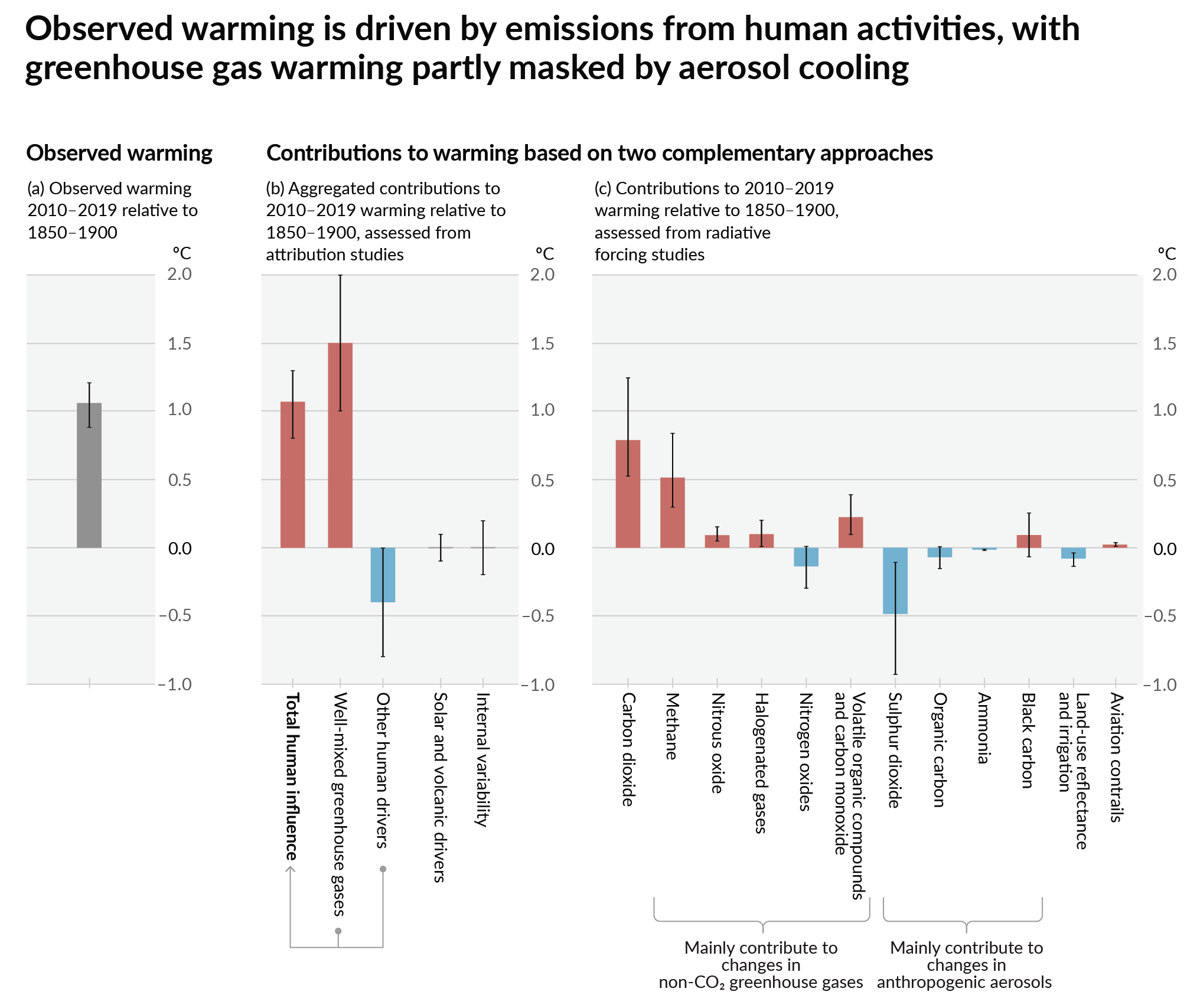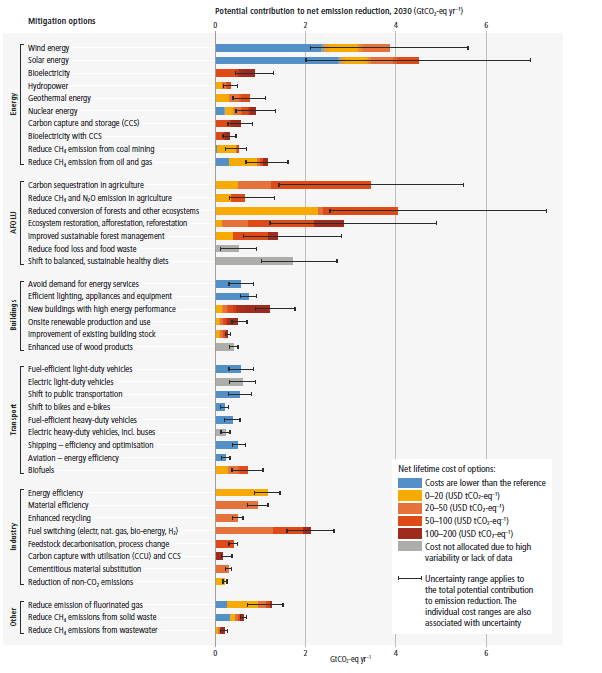Climate - truthful information about climate, related activism and politics.
6321 readers
235 users here now
Discussion of climate, how it is changing, activism around that, the politics, and the energy systems change we need in order to stabilize things.
As a starting point, the burning of fossil fuels, and to a lesser extent deforestation and release of methane are responsible for the warming in recent decades:

How much each change to the atmosphere has warmed the world:

Recommended actions to cut greenhouse gas emissions in the near future:

Anti-science, inactivism, and unsupported conspiracy theories are not ok here.
founded 2 years ago
MODERATORS
1
2
3
4
5
6
7
8
9
10
11
12
13
14
15
17
18
19
20
21
22
23
46
US banks predict climate goals will fail – but air conditioning firms will thrive
(www.theguardian.com)
24
25
109
Wasting Away: Rampant pollution caused manatees to starve. Florida waters are getting worse.
(project.tampabay.com)
view more: next ›
